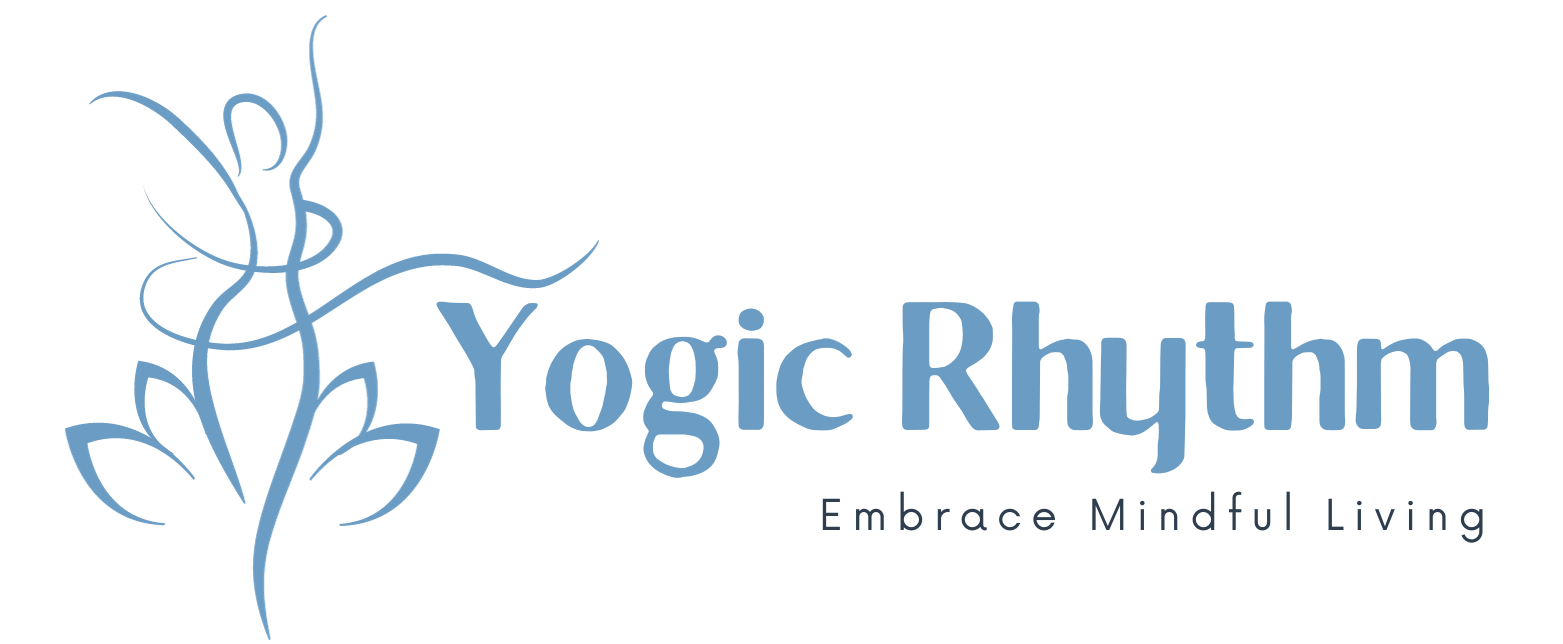Introduction: Meditation, once considered a practice reserved for monks and spiritual seekers, has found its way into the mainstream as a powerful tool for mental and physical well-being. While the benefits of meditation have been extolled for centuries, modern science is now uncovering the fascinating ways in which meditation impacts the brain and the body. In this article, we delve into the scientific insights behind meditation and how it can positively influence your well-being.
Understanding Meditation:
Mindful Awareness:
Meditation is a practice that encourages mindful awareness, where individuals focus their attention on a specific object, thought, or sensation, while allowing distractions to come and go without judgment.
Diverse Traditions:
Meditation techniques have evolved in diverse cultural and religious traditions, including Buddhism, Hinduism, and Taoism, each with unique practices and approaches.
Secular and Inclusive:
In the modern era, meditation has been embraced as a secular practice accessible to people of all backgrounds and beliefs.
The Science of Meditation:
1. Rewiring the Brain:
Meditation has been shown to physically change the brain. Studies using brain imaging techniques such as MRI have revealed that regular meditation can increase gray matter in areas associated with memory, learning, and self-awareness.
2. Reducing Stress:
One of the most researched effects of meditation is its ability to reduce stress. Meditation practice leads to a decrease in the production of stress hormones like cortisol, resulting in a calmer, more relaxed state.
3. Enhanced Emotional Regulation:
Meditation helps improve emotional regulation. Studies have demonstrated that regular meditation can lead to a decrease in amygdala activity, the brain region responsible for processing emotions, particularly negative ones.
4. Boosting Focus and Attention:
Meditation has a positive impact on cognitive function. It enhances focus, attention, and working memory, making it a valuable tool for tasks that require mental clarity.
5. Improving Sleep:
Meditation has been linked to improved sleep quality. It can reduce symptoms of insomnia and contribute to a more restful night’s sleep.
6. Physical Health Benefits:
The positive effects of meditation extend to the body. It can lower blood pressure, boost the immune system, and reduce inflammation, contributing to overall physical health.
Incorporating Meditation into Your Life:
Choose Your Style:
There are various meditation styles, including mindfulness, loving-kindness, transcendental, and more. Find the style that resonates with you.
Start Small:
Begin with short sessions and gradually increase the duration as you become more comfortable with the practice.
Consistency Matters:
Daily meditation is most effective when it becomes a routine part of your life. Aim to meditate at the same time and place each day.
Guided Meditation:
For those new to meditation, guided meditation sessions, either in person or through apps and online resources, can be beneficial.
The Path to Well-Being:
Mental Clarity:
Meditation offers mental clarity and self-awareness, allowing you to navigate life’s challenges with a calm and focused mind.
Emotional Balance:
It fosters emotional balance, enabling you to respond to situations with equanimity and empathy.
Physical Well-Being:
Meditation’s impact on physical health can lead to lower blood pressure, better sleep, and reduced inflammation.
Conclusion: The science of meditation is an ever-evolving field that sheds light on the profound impact of this ancient practice on the brain and body. It reveals how meditation can rewire the brain, reduce stress, enhance emotional regulation, boost cognitive function, and promote physical health.
As you embark on your own meditation journey, remember that the science behind meditation supports what practitioners have known for centuries: that it is a powerful tool for promoting well-being in both mind and body. Whether you are seeking mental clarity, emotional balance, or physical health, meditation offers a path to a more harmonious and fulfilling life.
